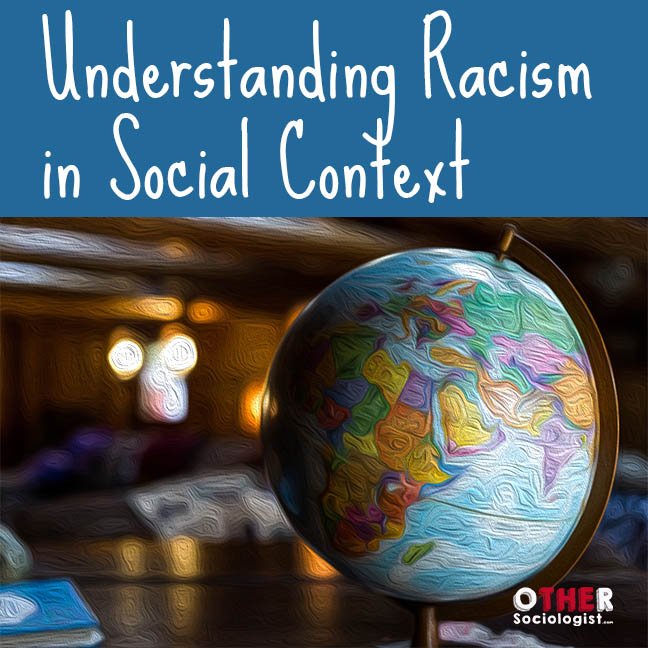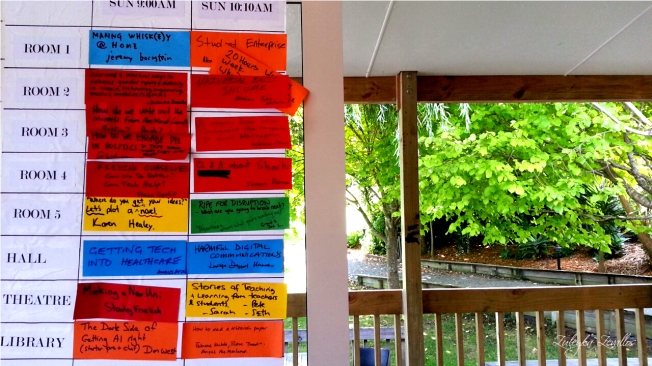Understanding Racism in Social Context




“Colonial Sugar,” Tracey Moffatt and Jasmine Togo-Brisby, exhibition at the City Gallery Wellington. From 1863 to 1904, the Queensland government in Australia enslaved at least 62,000 people from the Pacific to fuel production in its prosperous sugarcane plantations. Continue reading Colonial Sugar

In March, I travelled to Auckland New Zealand for Kiwi Foo, a two-and-a-half day “unconference” where 150 participants from New Zealand and other parts of the world from a wide range of professional backgrounds self-organise the sessions. This includes people from technology companies, policy and community organisations, as well as academics . The idea behind Foo Camp is to bring together like-minded individuals who might otherwise not meet, and listen to one another and look for ways to connect in our common goal to make the world a better place.
In order to attend, one must be nominated by a previous Foo alumn from Kiwi camp or SciFoo from the UK. You pay for your own travel but all other costs, including food and lodging if you want it, are provided. When you accept the invitation, you nominate three keywords. Upon arrival, in a large hall filled with around three hundred people, each person stands up to introduce themselves by their name, their affiliation and their keywords, without elaboration. It took awhile but it was fun. My three keywords were: gender equity & diversity; science communication; sociology.
Continue reading Sociology of Kiwi Foo, an Unconference